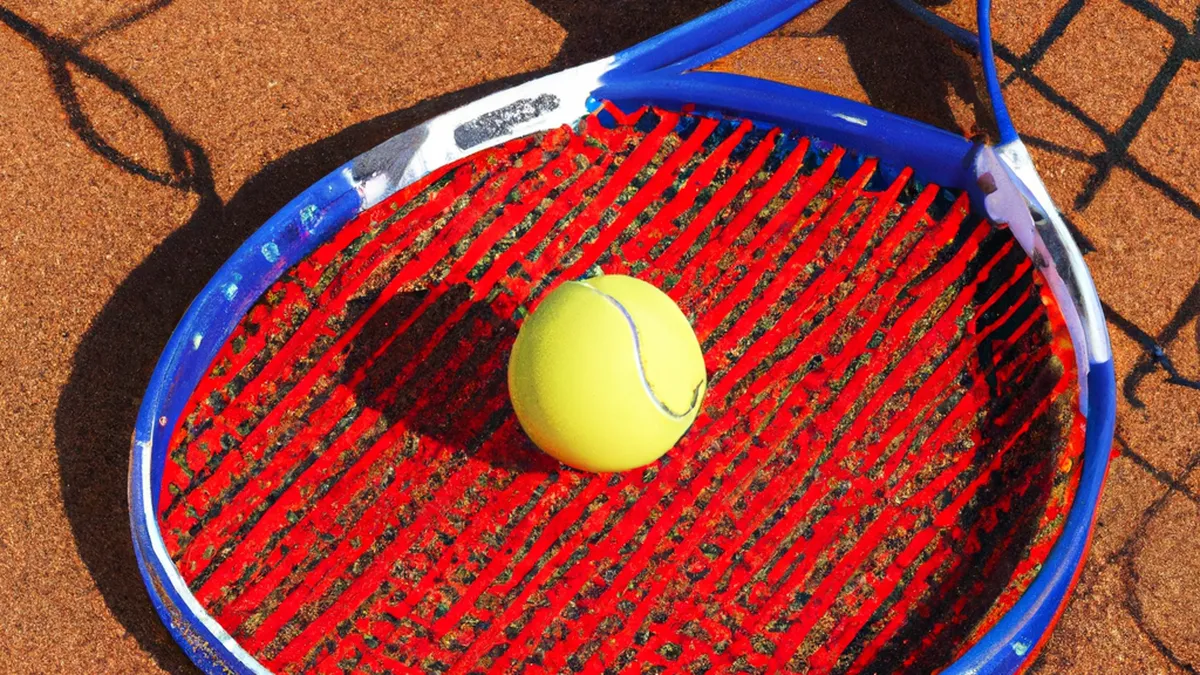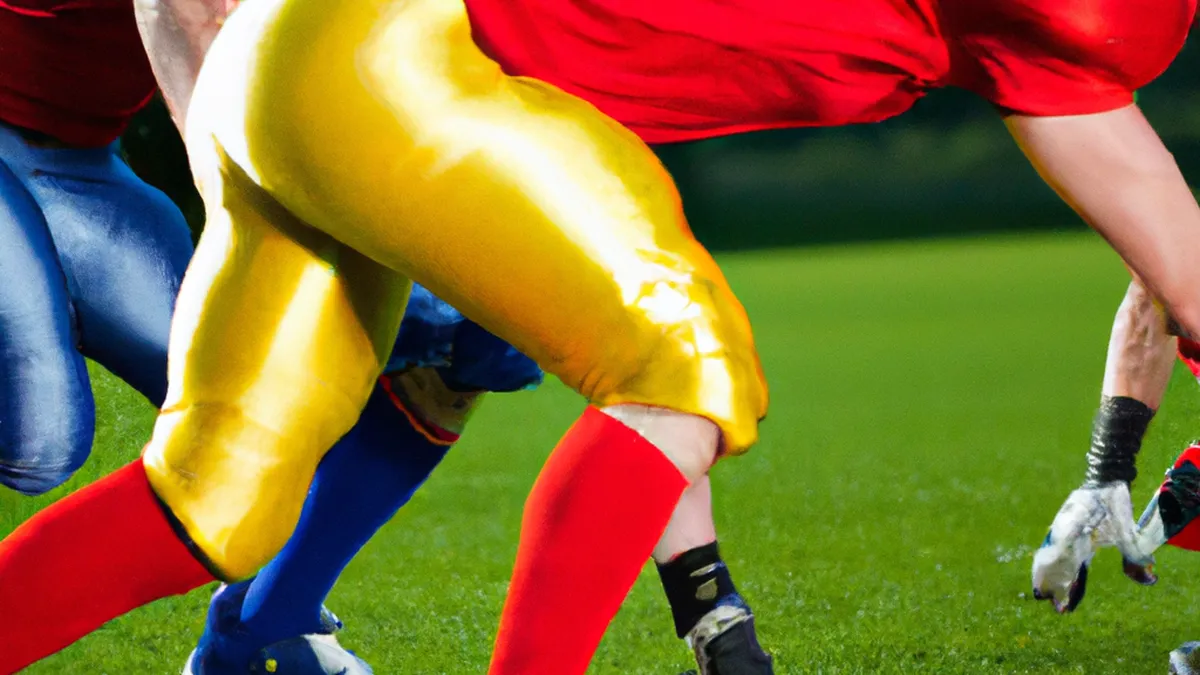Confronting Societal Expectations in Hitting Practices
The Impact of Societal Expectations on Hitting Practices
Societal expectations significantly shape athletes’ experiences, especially for young players developing skills. Coaches, teammates, parents, and media influence these expectations. Athletes often navigate pressure while striving to meet standards. This blog explores societal pressures on hitting practices, their effects on young athletes, and tips for management.
Understanding Societal Expectations
Societal expectations define success in sports. Success often means winning, achieving personal bests, and emulating professional athletes. Young players may feel compelled to hit home runs or maintain high batting averages. This pressure narrows their definition of success, overlooking growth, learning, and enjoyment.
The Role of Coaches
Coaches significantly shape athletes’ expectations. Team culture often reflects the values of the coaching staff. Many coaches prioritize winning and performance metrics, creating environments where failure invites criticism. This fosters a fear of mistakes, stifling creativity in hitting practices.
When coaches emphasize results over learning, young athletes experience immense pressure to perform consistently. They might focus solely on outcomes, neglecting skill development and enjoyment. This pressure diminishes the joy of practice, turning a fulfilling experience into stress.
The Impact of Peers
Peer influence also impacts societal expectations. In team settings, young athletes compare themselves to their peers. If one player excels, others may feel inadequate or pressured to match that performance. This comparison heightens anxiety and distorts self-perception.
In striving for excellence, athletes may practice harder, risking exhaustion to meet perceived standards. This pressure can lead to burnout and decreased enjoyment. When fear of falling short dominates motivation, athletes lose sight of why they started playing.
Tips for Balancing Expectations
Young athletes must manage expectations amid societal pressures. Here are practical tips to navigate this landscape:
Focus on Personal Goals
Set personal goals emphasizing skill development over performance outcomes. For example, rather than aiming solely for a specific batting average, athletes can improve swing mechanics, plate discipline, or other skills.
Conclusion
In conclusion, societal expectations shape young athletes’ experiences. Understanding and managing these influences can promote enjoyment and growth in sports.
Below are related products based on this post:
FAQ
What are societal expectations in sports, and how do they affect young athletes?
Societal expectations in sports define what success looks like, often emphasizing winning, high performance, and emulating professional athletes. For young athletes, this can create pressure to achieve specific outcomes, such as hitting home runs or maintaining high batting averages, which can overshadow their growth, learning, and enjoyment of the game.
How do coaches influence athletes’ perceptions of success?
Coaches significantly shape athletes’ expectations through the team culture they promote. Many coaches prioritize winning and performance metrics, which can create environments where failure is criticized. This emphasis on results over learning can lead young athletes to feel immense pressure to perform consistently, diminishing their joy in practice and stifling their creativity.
What strategies can young athletes use to manage societal pressures?
Young athletes can manage societal pressures by setting personal goals that focus on skill development rather than solely on performance outcomes. For instance, instead of aiming for a specific batting average, they can concentrate on improving aspects like swing mechanics or plate discipline, which encourages growth and enjoyment in their sport.















Post Comment